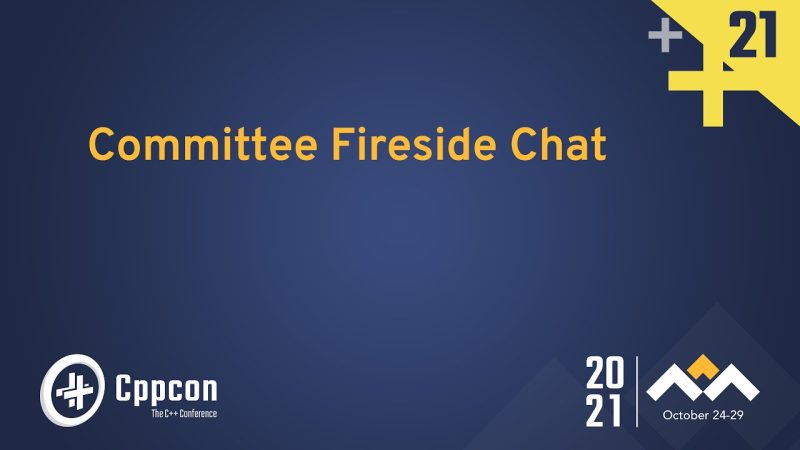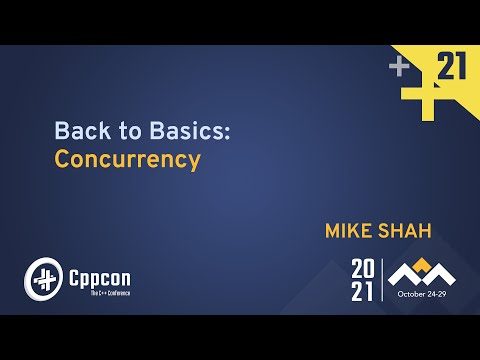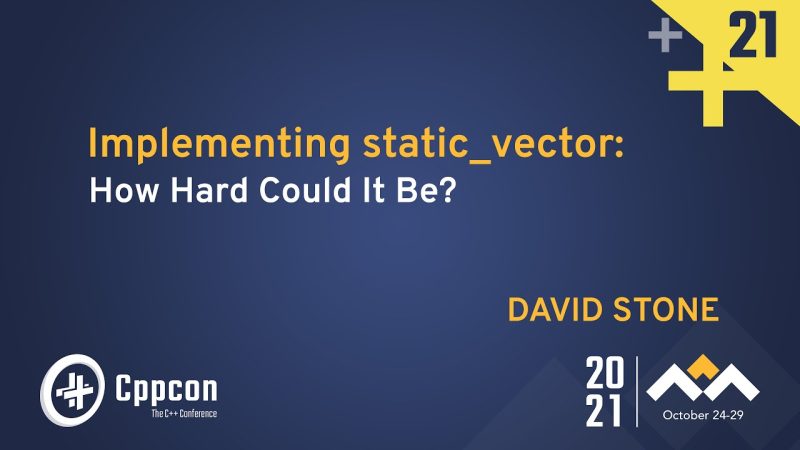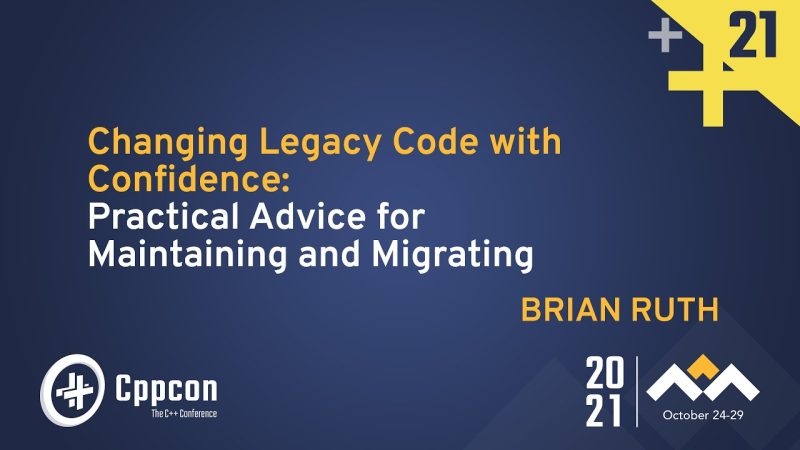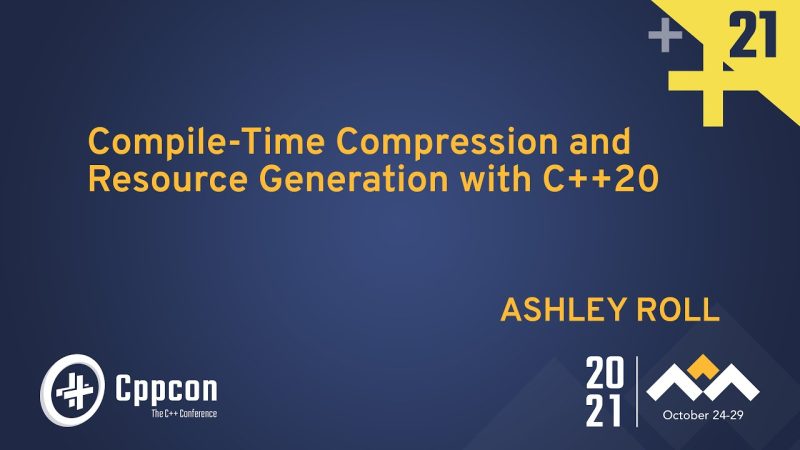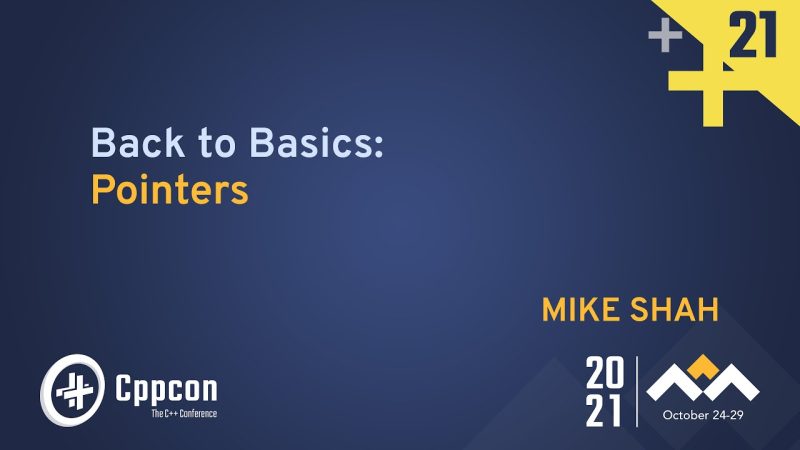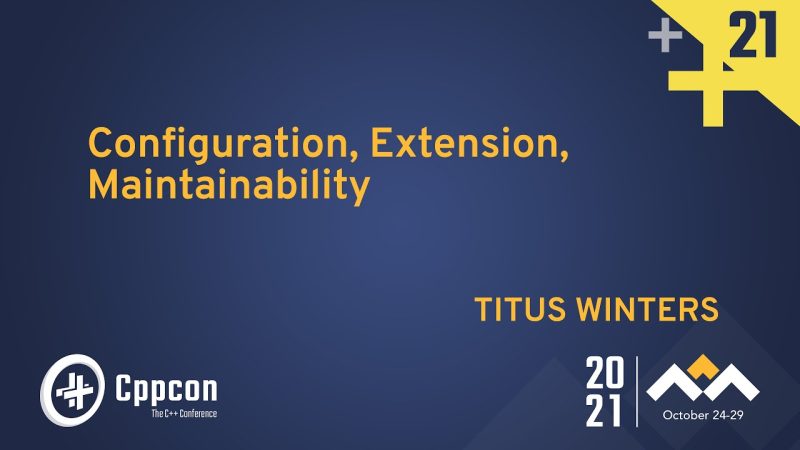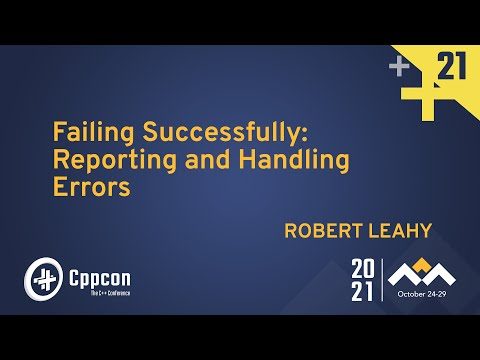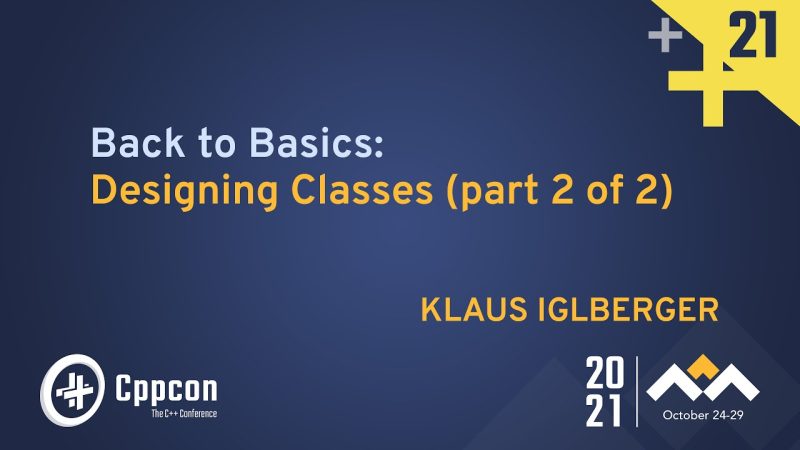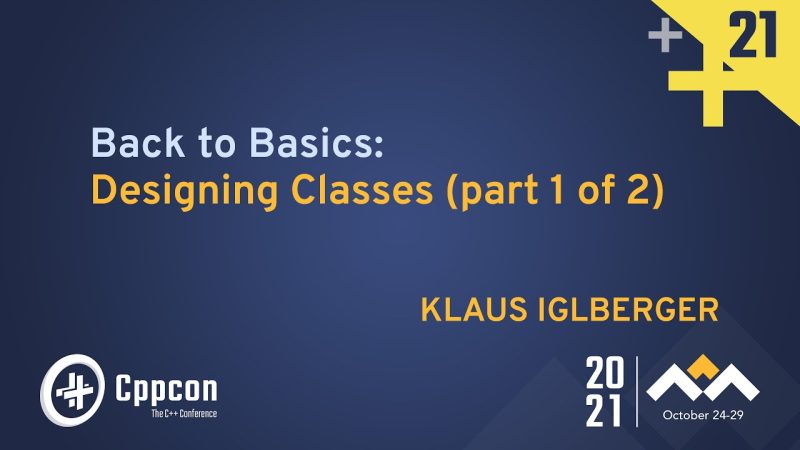https://cppcon.org/
https://github.com/CppCon/CppCon2020
---
This panel of representative members of the C++ standards committee is ready to discuss everything from C++20, to how the committee is working online as we start the C++23 cycle, and what to look forward to in Standard C++ in the coming years.
Besides C++’s creator, the panelists include the current leaders of key subgroups. These leaders are responsible for language and library evolution, and topics like compile-time programming, real-time/embedded systems, AI, and teaching as the community starts to absorb all the new features in C++20.
The panel also includes representation of fresh forward-looking thinking with the heads of some of the newest national bodies to join in and participate in ISO C++.
---
Lisa Lippincott
Lisa Lippincott designed the software architectures of Tanium and BigFix, two systems for managing large fleets of computers. She's also a language nerd, and has contributed to arcane parts of the C++ standard. In her spare time, she studies mathematical logic, and wants to make computer-checked proofs of correctness a routine part of programming.
Herb Sutter
Herb is an author, designer of several Standard C++ features, and chair of the ISO C++ committee and the Standard C++ Foundation. His current interest is simplifying C++.
Michael Wong
Michael Wong is Distinguished Engineer/VP of R&D at Codeplay Software. He is a current Director and VP of ISOCPP , and a senior member of the C++ Standards Committee with more then 15 years of experience. He chairs the WG21 SG5 Transactional Memory and SG14 Games Development/Low Latency/Financials C++ groups and is the co-author of a number C++/OpenMP/Transactional memory features including generalized attributes, user-defined literals, inheriting constructors, weakly ordered memory models, and explicit conversion operators. He has published numerous research papers and is the author of a book on C++11. He has been an invited speaker and keynote at numerous conferences. He is currently the editor of SG1 Concurrency TS and SG5 Transactional Memory TS. He is also the Chair of the SYCL standard and all Programming Languages for Standards Council of Canada. Previously, he was CEO of OpenMP involved with taking OpenMP toward Acceelerator support and the Technical Strategy Architect responsible for moving IBM’s compilers to Clang/LLVM after leading IBM’s XL C++ compiler team.
Bjarne Stroustrup
C++: history, design, use, standardization, future; performance, reliability; software developer education; distributed systems
Gabriel Dos Reis
Gabriel Dos Reis is a Principal Software Engineer at Microsoft, where he works in the area of large scale software construction, tools, and techniques. He is also a researcher, and a longtime member of the C++ community, author and co-author of numerous extensions to support large scale programming, compile-time and generic programming. His research interests include programming tools for dependable software. Prior to joining Microsoft, he was Assistant Professor at Texas A&M University. Dr. Dos Reis was a recipient of the 2012 National Science Foundation CAREER award for his research in compilers for dependable computational mathematics and educational activities.
Inbal Levi
Inbal Levi is an embedded software engineer with a passion for high performance.
She is a director at ISO C++ foundation, co chair of Library Evolution, the chair of SG9 (Ranges group) of ISO/IEC JTC1/SC22/WG21 (the C++ Standards Committee) and of the ISO C++ Israeli NB, and one of the organizers of CoreCpp conference and user group.
David Stone
David Stone has worked on autonomous vehicles, large-scale distributed systems, and now works developing software for high-frequency trading. He is a member of the C++ Standardization Committee, where he chairs the Modules Study Group (SG2) and is the vice chair of the Evolution Working Group (EWG).
---
Videos Filmed & Edited by Bash Films: http://www.BashFilms.com
The CppCon YouTube Channel Is Sponsored By:
JetBrains : http://jb.gg/cpptools
SonarSource: https://www.sonarsource.com/


